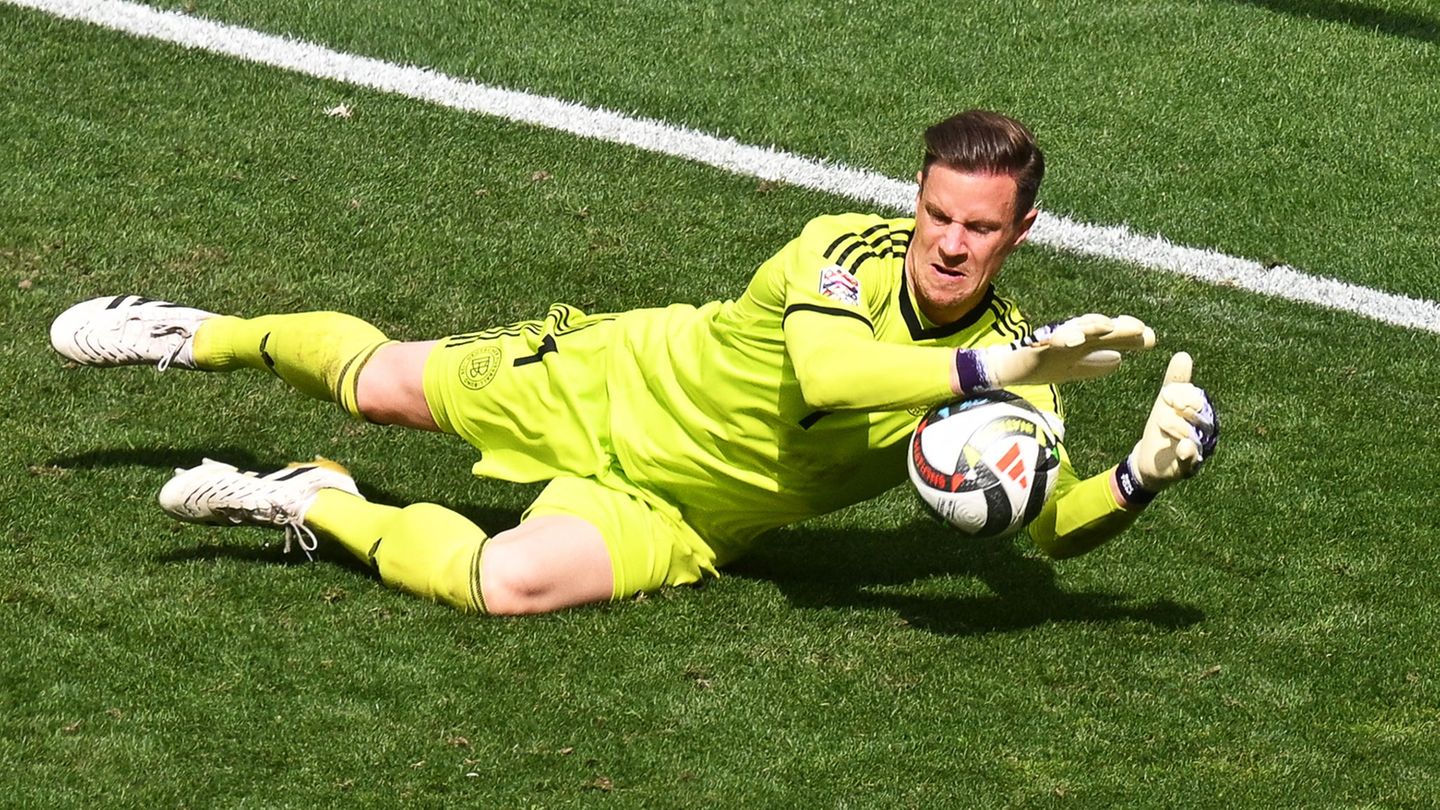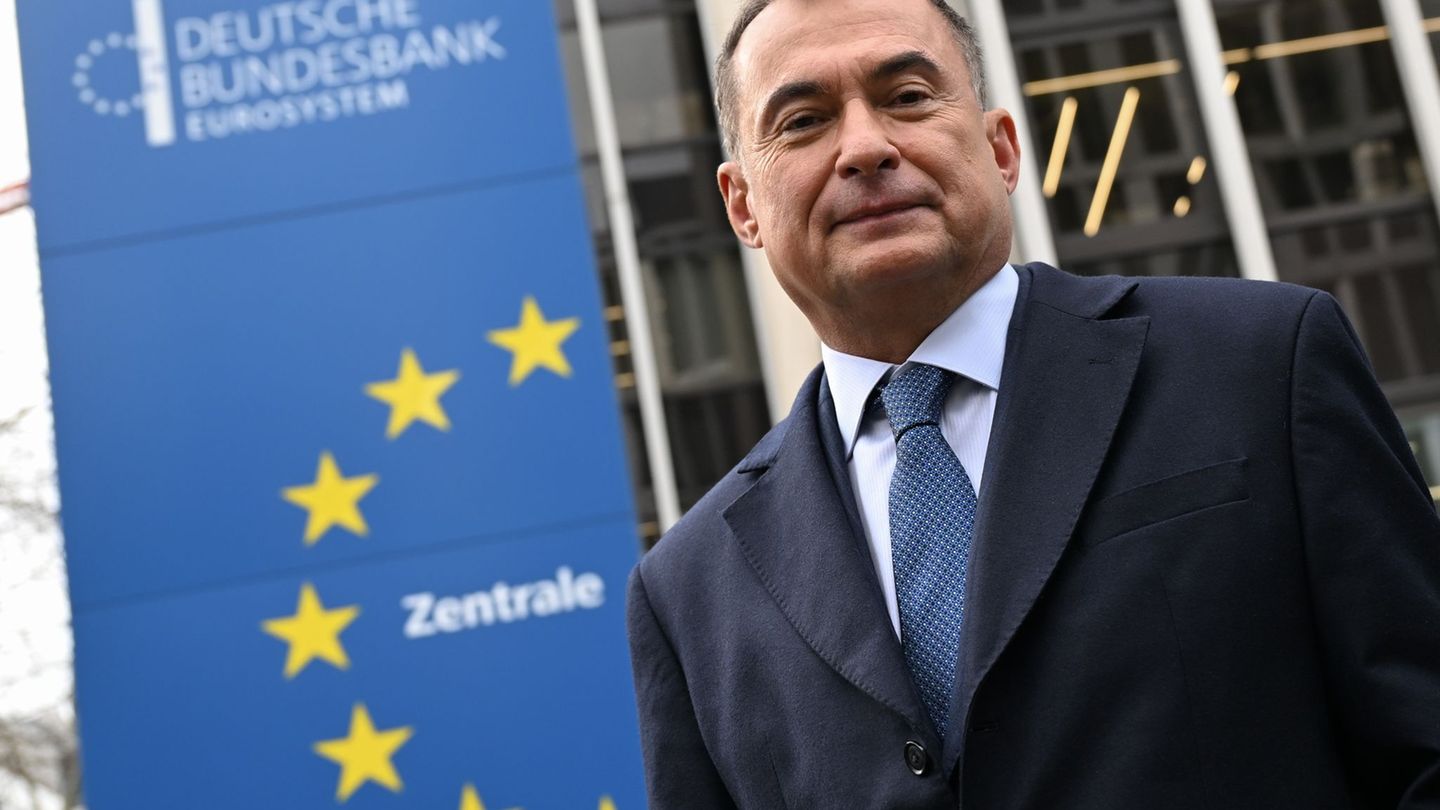The leader of a broad left-wing coalition that includes the Communist Party has promised to overhaul a market-based economic model to fight inequality that sparked violent protests in 2019, though he has toned down his fiery rhetoric in recent months.
He comes into office facing an economic slowdown, high inflation and a divided Congress that will test his bargaining power to push through health and pension reforms while tightening environmental regulation.
“A new political horizon brings challenges,” wrote Nicholas Watson, CEO of consultancy Teneo, adding that Boric will have to fight a divided Congress in which he lacks a majority.
“The main challenge facing the incoming government is to channel the public desire for a new social contract without negatively impacting institutions or economic stability,” he said.
Boric’s ascension marks a crossroads for Chile, long a bastion of free markets and economic responsibility in volatile South America. The country is reformulating its Augusto Pinochet-era constitution, which has underpinned growth but is accused of fostering inequality.
Boric’s Cabinet, with a majority of women, will be sworn in on Friday before he takes the presidential sash. Delegations from the United States, Spain and Argentina, among others, will attend.
“A stage full of hope for the defense of social majorities, young people, and a green and equal future,” tweeted Yolanda Díaz, second vice president of Spain who flew to Chile, referring to Boric’s environmental and feminist agenda.
High hopes can quickly collide with an electorate and legislature divided between the right and the left. Crime, immigration and the rights of indigenous peoples are issues that give the Boric government a full inbox.
“I wish him not only the best of success in his future government,” said the outgoing Piñera in his final speech, but also “wisdom to distinguish the good from the bad.”
Piñera said he was concerned about the “refoundational eagerness” of an assembly drafting a new constitution, the weakening of the judiciary, and a weak stance against crime.
Carlos Ruiz, a sociologist and academic at the University of Chile who mentored Boric, said that the new president will have to deal with a right that is redefining itself after the defeat of the ultra-conservative José Antonio Kast in the elections, a Congress with new forces emerging and a Chilean society with high expectations.
And find consensus to promote reforms in taxation, environment, mining and others.
“Before that task is Boric at this time,” he said.
By Alexander Villegas, from Reuters agency
Source: Ambito
David William is a talented author who has made a name for himself in the world of writing. He is a professional author who writes on a wide range of topics, from general interest to opinion news. David is currently working as a writer at 24 hours worlds where he brings his unique perspective and in-depth research to his articles, making them both informative and engaging.




